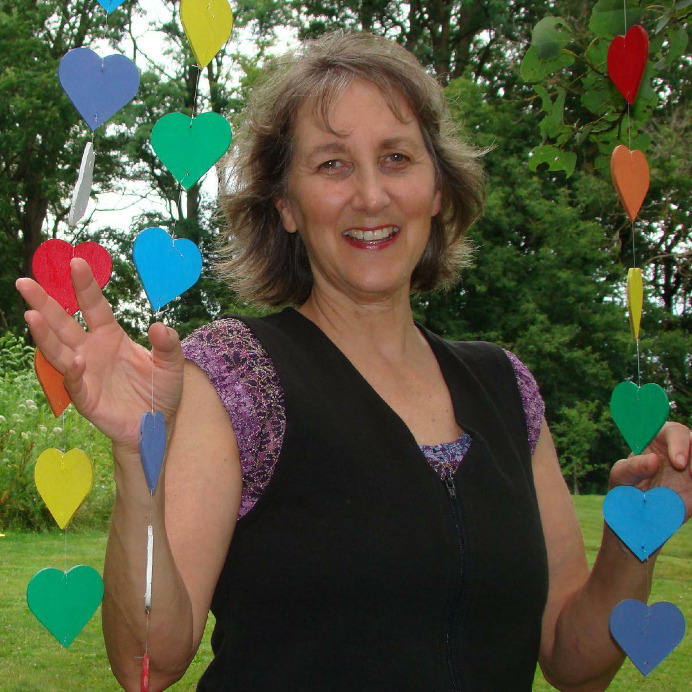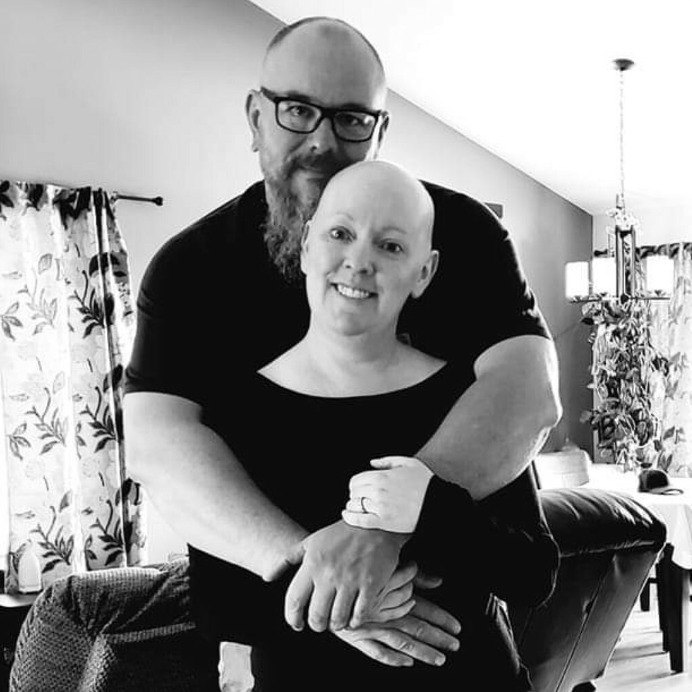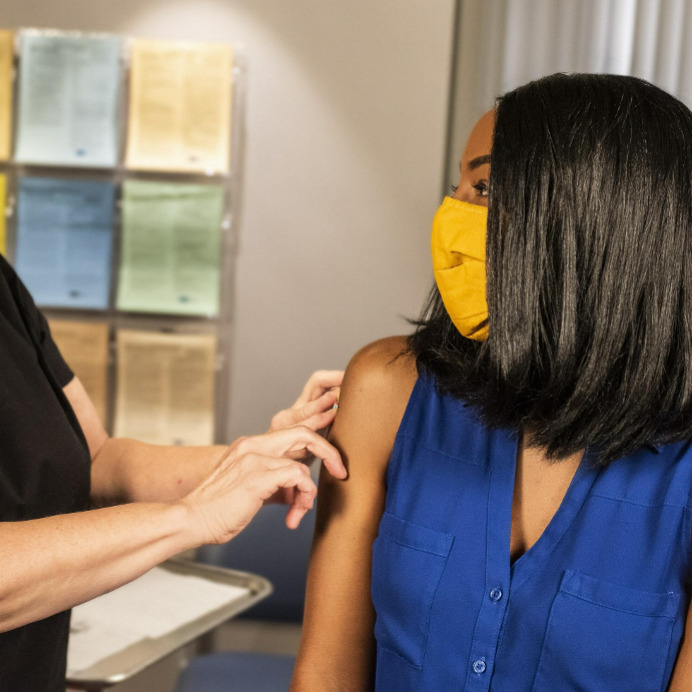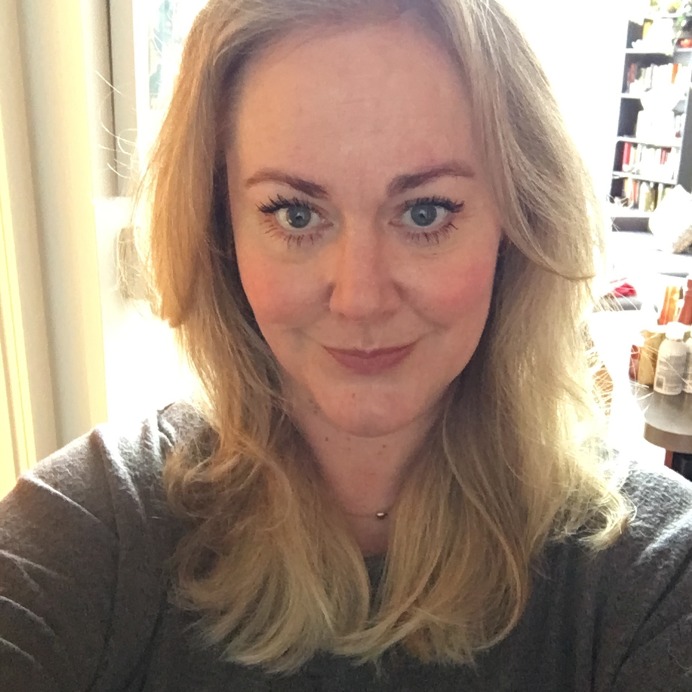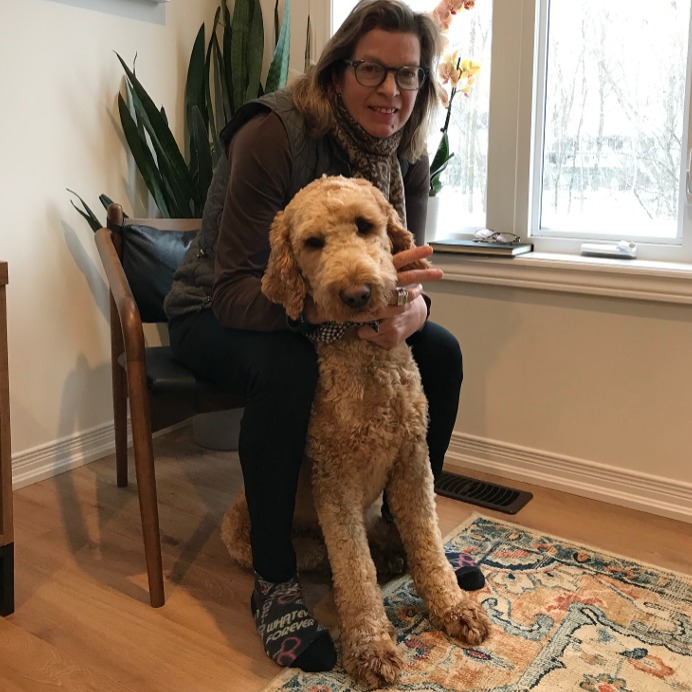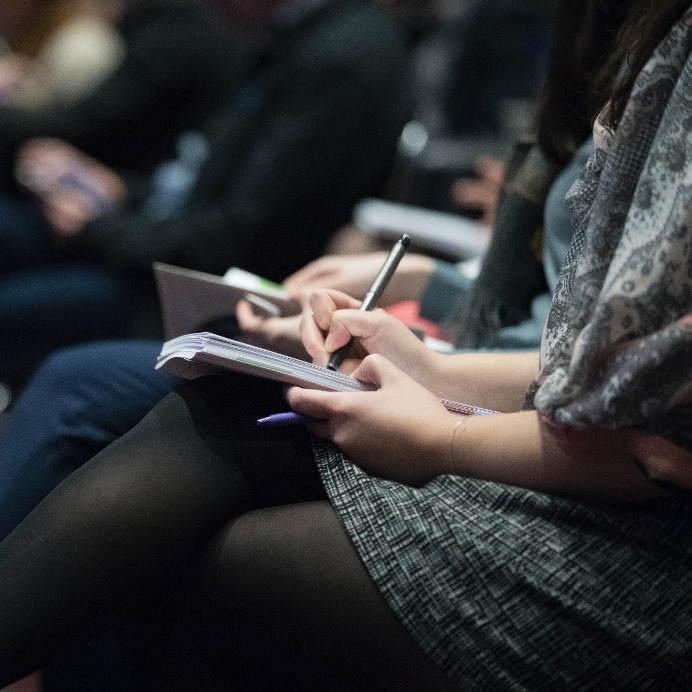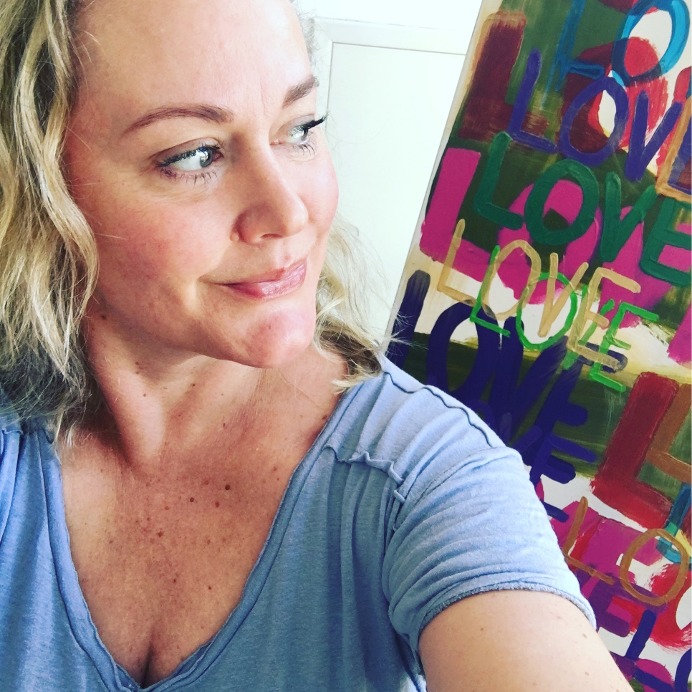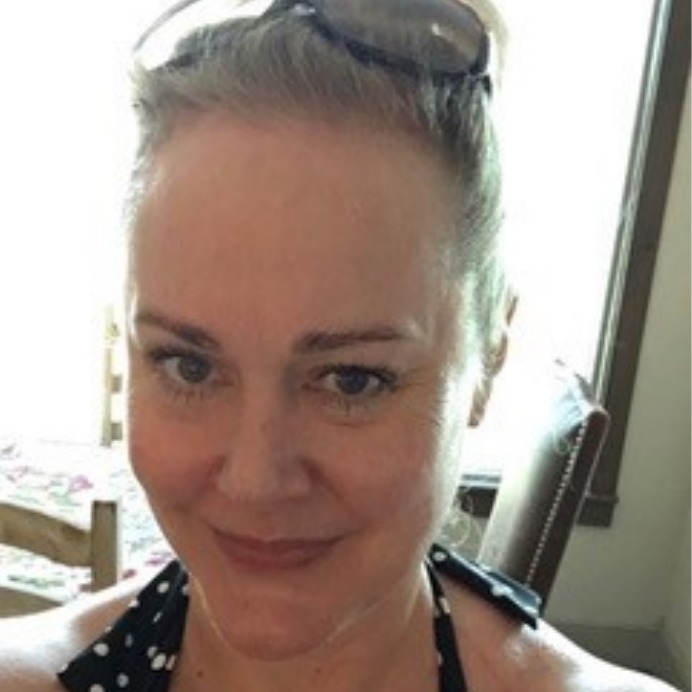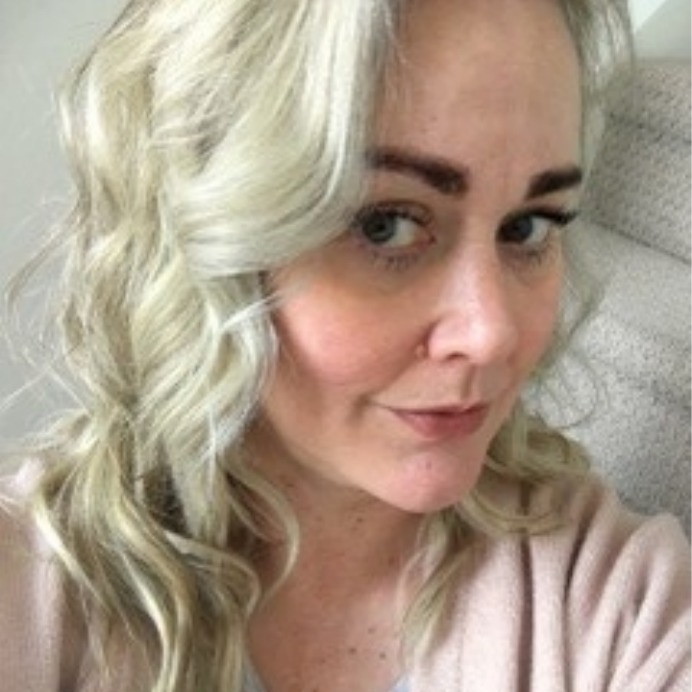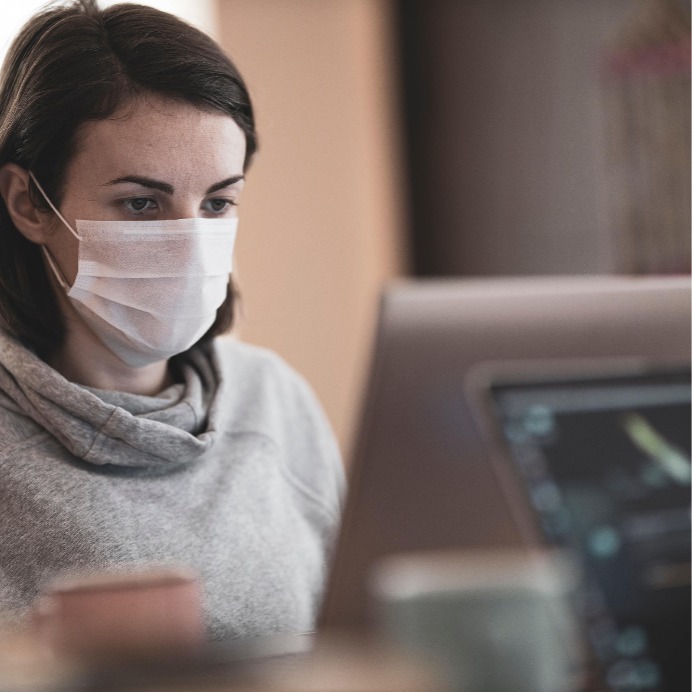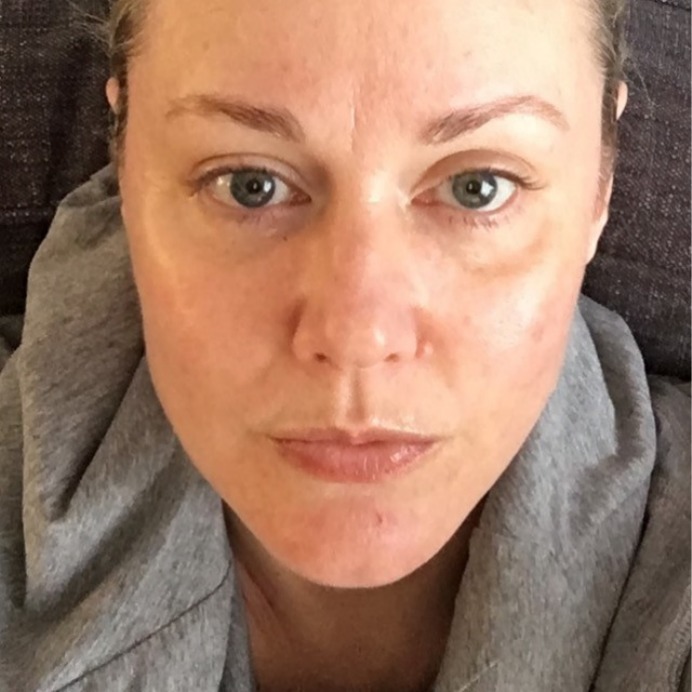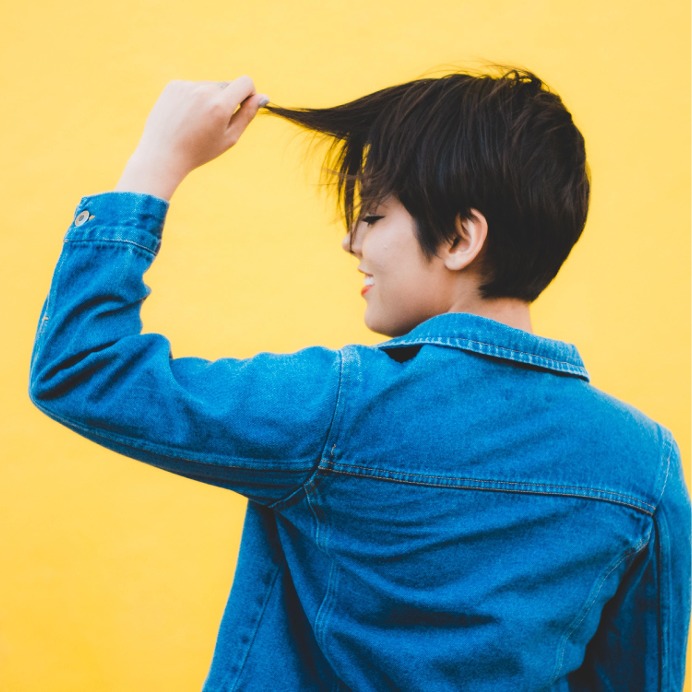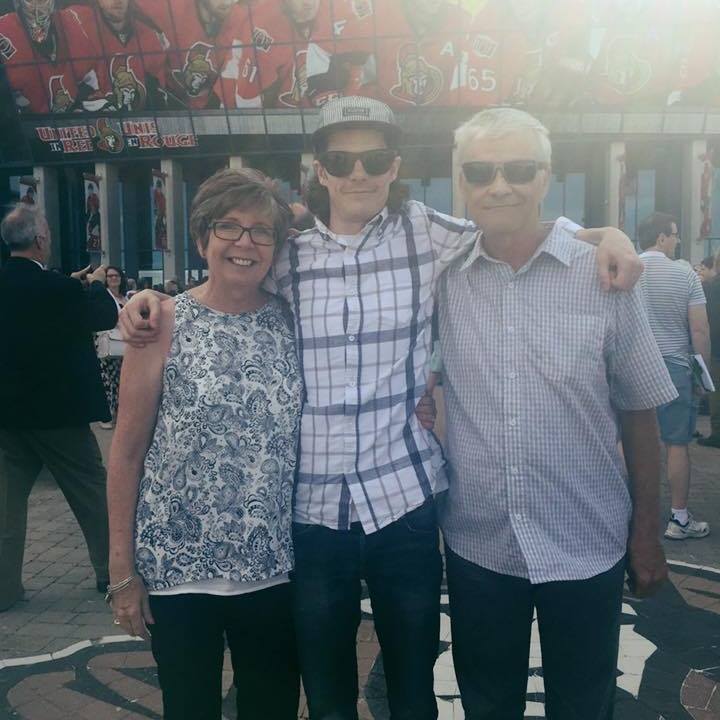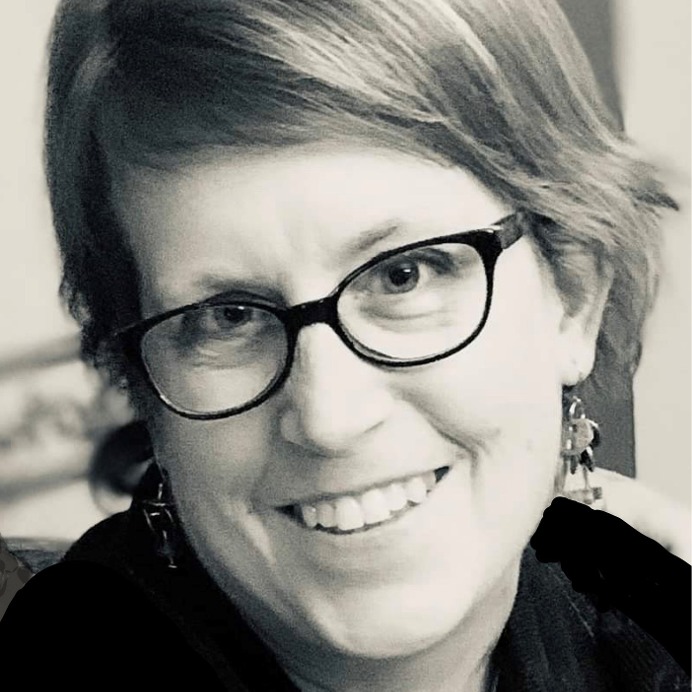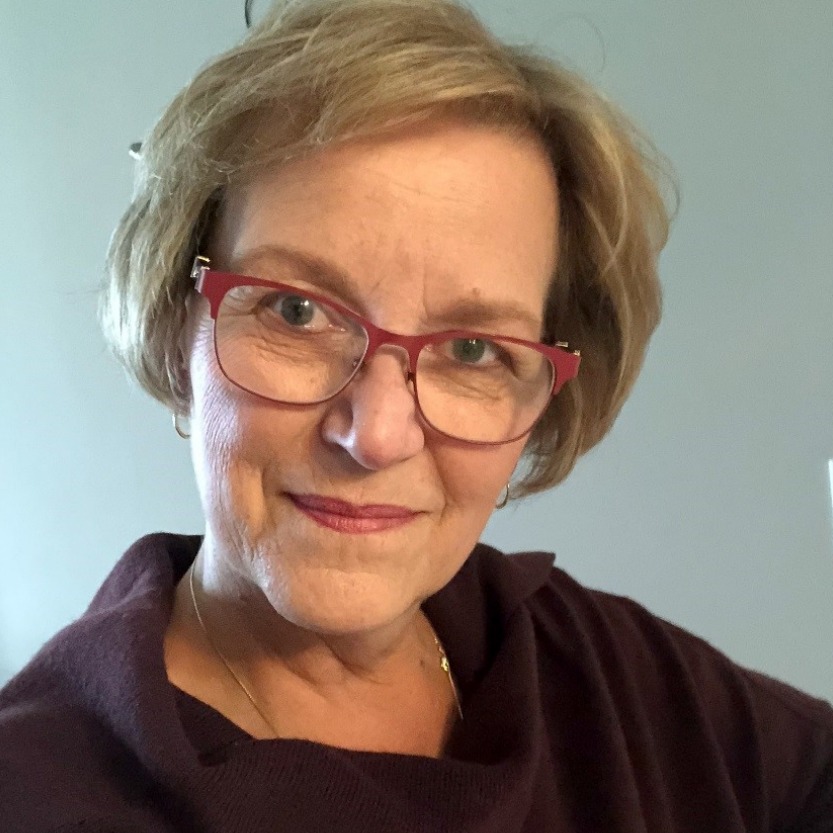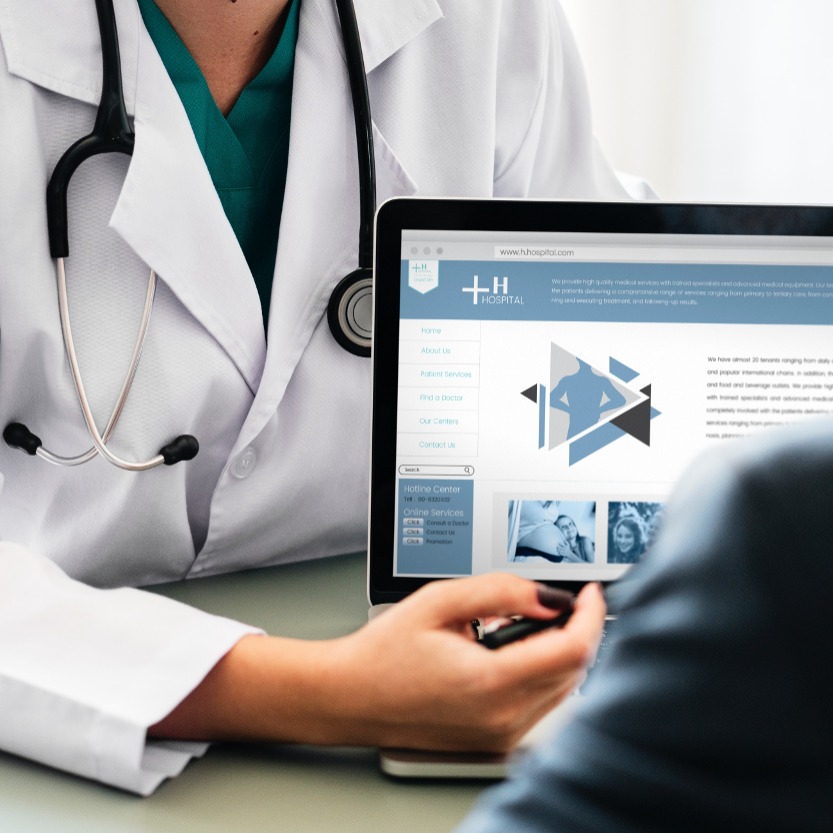By continuing to use our site, you consent to the processing of cookies, user data (location information, type and version of the OS, the type and version of the browser, the type of device and the resolution of its screen, the source of where the user came from, from which site or for what advertisement, language OS and Browser, which pages are opened and to which buttons the user presses, ip-address) for the purpose of site functioning, retargeting and statistical surveys and reviews. If you do not want your data to be processed, please leave the site.
The Voice of People With Breast Cancer
Education
Our Voices Blog
Tag : chemotherapy
Questions and Experts Session Guide: A Medical Oncologist Answers Questions about Triple Negative Breast Cancer
A breast cancer diagnosis comes with so many questions and there never seems to be enough time at appointments to have some of these questions answered. To help address this, we developed a "Q&E: Questions and Experts" series. In this series, a variety of experts spend the entire virtual session answering pre-submitted and live questions from participants. Watching the videos on-demand might be a little difficult to get through. So, we’ve created this guide to help you get right to the questions and answers that matter the most to you.
From Crisis to Opportunity
There is never a good time to get a breast cancer diagnosis. Our family was about to vacation in Australia when I got the news. Because I had been on a fitness kick in the months beforehand, I felt so healthy that I couldn’t believe anything was wrong, but it was. A grade two tumour and two affected lymph nodes meant that holiday plans had to make way for surgery.
Just Breathe
I was diagnosed in December 2019 at the age of 47. I was healthy, happy and at the height of my career. Just as I said to my husband of 25 years “Life just can’t get any better”, our world came to a grinding halt - “you have breast cancer”.
Research Findings on Breast Cancer and the COVID-19 Virus
Breast cancer research is critical as it provides information on the detection, prognosis, treatment, and elimination of the disease. Researchers also continuously engage in studying breast cancer to help us better understand risks associated with breast cancer as well as how breast cancer interferes with other diseases and aspects of life.
Three Things to Consider if You’re Thinking About Going Off Tamoxifen
Chances are, if you have breast cancer you’ve heard about Tamoxifen. I remember the first time my oncologist talked to me about the chemo-infused hormonal-therapy drug. It was during my weekly check-up when I was still having daily radiation. He explained that because the cancer cells found in my right breast were 95 per cent estrogen and progesterone receptor positive, my body’s natural hormones could attach to the cancer cells and help them grow. Obviously I didn’t want that, so I said yes to the drug without even hesitating.
Brain Drain: How Breast Cancer Has Impacted the Way I Think
I’ve started counting the number of times I emotionally beat myself up every day. Each mean, cruel and hurtful criticism said silently to myself in the privacy of my own mind. Yesterday I hit number 22, my all-time high for the week. So far today, I’m up to seven unkind thoughts. It’s nine o’clock in the morning and my alarm went off at 6:30 a.m.
Trusting Your Instincts and Knowing Your Body
I am from a long line of breast cancer survivors, so when I was diagnosed in 2008 with breast cancer, I was not in the least surprised. I was just 50, my twin sister and I celebrated that milestone in February 2007. By December of that year, I knew something was wrong.I had a mammogram at Sunnybrook that fall, in October I believe, and received “all clear”. Both the mammogram and the vigorous breast examination at Sunnybrook failed to detect an exceedingly small tumour situated close to my left armpit and sitting deep on a ligament. It was undetectable at that time. Later that fall, I noticed a puckering in my breast when I was drying my lower body, just out of a shower at my gym. I knew instantly what it was, so I booked an appointment with my doctor at the high-risk breast screening centre at the Odette Centre.
Research Highlights from the 2020 San Antonio Breast Cancer Symposium
The San Antonio Breast Cancer Symposium is the annual breast cancer conference that brings together researchers, clinicians, patients and manufacturers from all over the world to discuss the latest breast cancer research. While the 2020 symposium was held virtually, there was still an incredible amount of new research shared.
I Had to Work During Cancer Treatment and it Sucked
I worked during my entire breast cancer treatment. I didn’t want to. I had to. I live alone. I don’t have a husband or boyfriend. I pay my bills on time and by myself. Yes, it was a choice, but it was a horrible one.
My Temporary Tamoxifen Breakup is Making Me Feel All the Feels
I hope I can write this column without crying. Or at least if I do get emotional, that I won’t need to stop a million times while I wait for the sobbing to ease up so that I can see clearly enough to continue typing. And no, I’m not being dramatic.
Have Hair, Do Care
Breast cancer made my hair thicker. And wavy-er. Not right away obviously. It’s not like it was a special prize I was gifted with to make up for the shock and fear of being diagnosed with breast cancer.
The Impact of COVID-19 on Breast Cancer Patients Part 2: Impact of Your Cancer Treatment and Management on Your Immune System
The risk of a COVID-19 diagnosis for breast cancer patients is still not completely known. Studies have come that show that cancer patients are more at risk of adverse effects if they develop COVID-19. However, a few studies state that compared to other cancer patients, breast cancer patients are at a lower risk of serious illness. The stage of breast cancer also seems to play a role in one’s risk level.
How Breast Cancer Prepared Me For COVID-19
Breast cancer prepared me for COVID. Actually, if I want to be really accurate, radiation prepared me for it and almost everything else that has come courtesy of the global pandemic.
Getting Through Hair Loss Following a Breast Cancer Diagnosis
Hair loss is something that some women who are diagnosed with breast cancer face. Hair can be a huge part of a person’s identity, especially for a woman. The way your hair looks can communicate a lot to others about the type of person you are. Therefore, it’s understandable that losing your hair following a breast cancer diagnosis can add distress to an already devastating situation. In order to bring some relief and sense of control should you have to deal with hair loss, we outline why and when hair loss occurs as well as things that you can do to get through it.
Care giving and care receiving
We all, at some point, need to take on the role of caregiver. For some of us, that time coincides with us needing care as well. At a time when my husband was recovering from heart surgery and anticipating a kidney transplant, where I was to be his donor, I was diagnosed with breast cancer. My surgery was scheduled quickly, and I was spared the ordeal and trauma of radiation and chemotherapy, which I am forever grateful for. However, the emotional toll it took was immeasurable.
Retaining control of your medical record, remaining hopeful and persevering
I am a 43-year-old mother of two amazing children, I have been in love with my wonderful Martin for 20 years now and I am a research professional in the health sector. Until August 2018, I was considered a breast cancer survivor. My cancer had been treated in the best way possible. My son was not yet one year old at the time (in 2012). I went through chemotherapy, radiotherapy, hormone therapy, a mastectomy and, finally, a breast reconstruction.
Research Highlights from the European Society for Medical Oncology 2019 Conference
CBCN had the opportunity to join researchers, clinicians, manufacturers and other patients at this annual European conference to learn the latest insights and findings in cancer research. Here’s the research that we found most interesting as breast cancer patients:
7 interesting highlights from the 2018 San Antonio Breast Cancer Symposium
Last month, we had the opportunity to attend the 2018 San Antonio Breast Cancer Symposium (SABCS). Here’s some of the key highlights to come out of the conference.
Looking on the bright side
In June 2015, I moved to London, Ontario and was recovering from a rather emotional and difficult time, having divorced in June 2014. I had moved from Sault Ste. Marie to be closer to my daughter with her husband and very young children. I would be seeing the rest of my family less often now – my parents, my two sisters, my daughter and her husband, and another granddaughter. and two step grandchildren.
A patient’s perspective on MedSearch
Tell us a little bit about yourself, where you’re from, and your experience with breast cancer.


